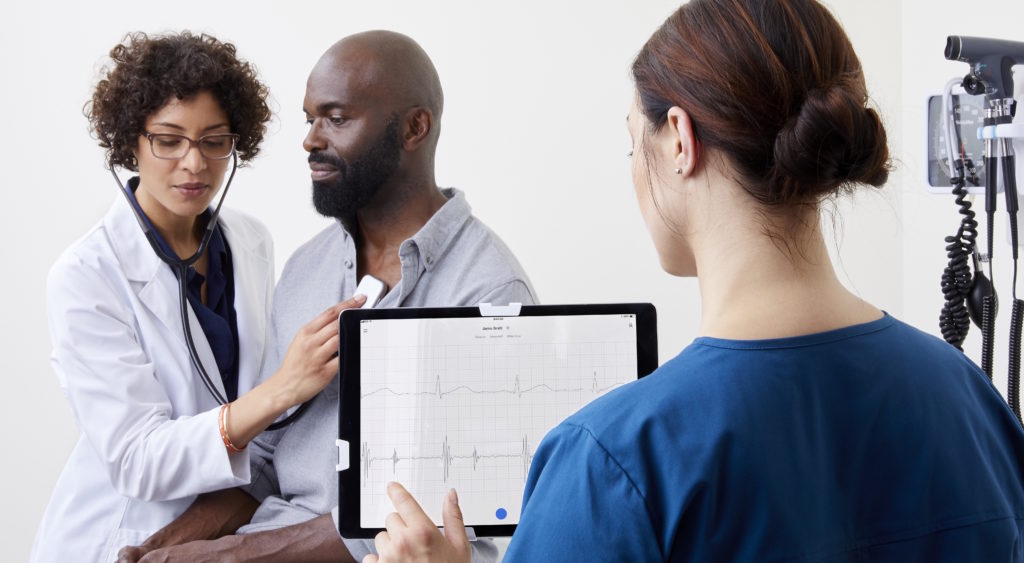FDA clears AI algorithms for detecting AFib, heart murmurs
The Food and Drug Administration has given clearance to algorithms for the detection of atrial fibrillation and heart murmurs, when used in combination with a digital stethoscope.

More for you
See AllLoading data for hdm_tax_topic #better-outcomes...